
OPENING DOORS
Auckland pediatrician and playwright Renee Liang is a second- generation Chinese New Zealander who said the story of the Ventnor had piqued her interest in her ethnic culture.
Based on the Ventnor story, her play, The Bone Feeder, written in 2009, depicts the trials of a young man wanting to take home the bones of his great great-grandfather and the tale of a Chinese man who emigrates to New Zealand in the 1800s.
As well as being "a really good story," the Ventnor, with its unfulfilled promises to return home, also pulled at the heart strings.
Liang said the ceremony at Hokianga had "opened a lot of doors" in the discussion about the families, the part of the Maori in burying the bones and the history of the Chinese in New Zealand.
"My family never performed bai ji, so it was the first time I had done it. There was certainly the feeling that it was important to get back to our Chinese roots," Liang said in a phone interview.
Hong Kong-born King Tong Ho, who works as a senior lecturer at the AUT University school of art and design in Auckland, captured the "moving and historic story" in a photographic display of the coastline in the classical Chinese scroll style.
The 5-meter-long work was displayed at the Taniwha-Dragon festival of Chinese and Maori cultures in Auckland last month.
"After more than a hundred years, the Chinese community wanted to thank the local iwi," Ho said in a phone interview.
"I think it was also time to establish a more harmonious relationship between the Chinese community and the Maori -- it was something that hadn't been done formally."
Wong is hoping that a Chinese Historical Ventnor Trail will be established around the Hokianga this year, so that descendants of the 499 can come to see the last resting places of their ancestors.
Fewer than half of the Chinese at the ceremony were descendants Choie Sew Hoy, and most of the rest had no known link to the 499, said Wong, but they shared a wish to honor their memories.
"By the end of the ceremony it felt like it didn't matter that we didn't know who the ancestors were and after a while we became more and more collective about it," she said.
"We did it for the 499 because we are Chinese."




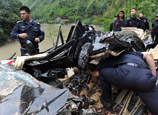
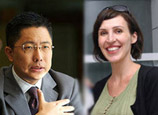

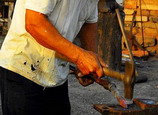
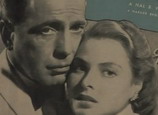
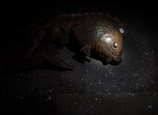
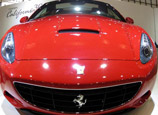






 Wenchuan Earthquake Memorial Museum officially opens to public
Wenchuan Earthquake Memorial Museum officially opens to public


![]()
